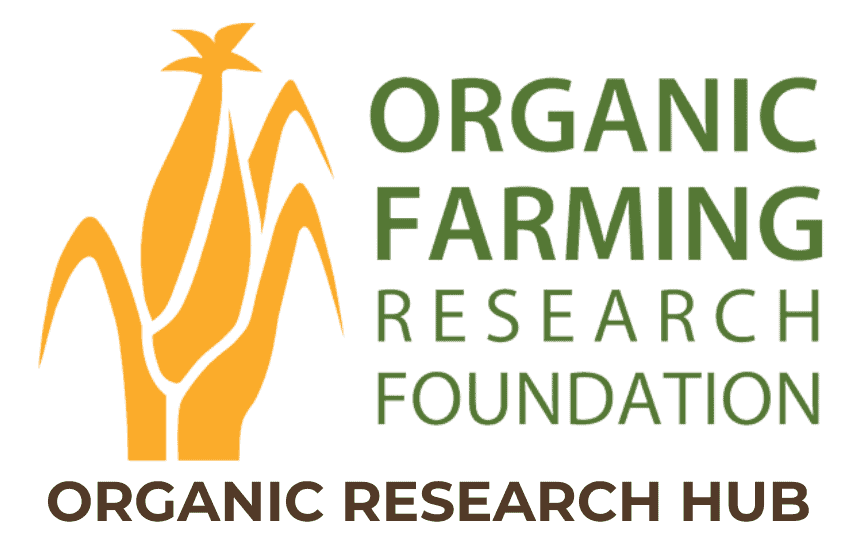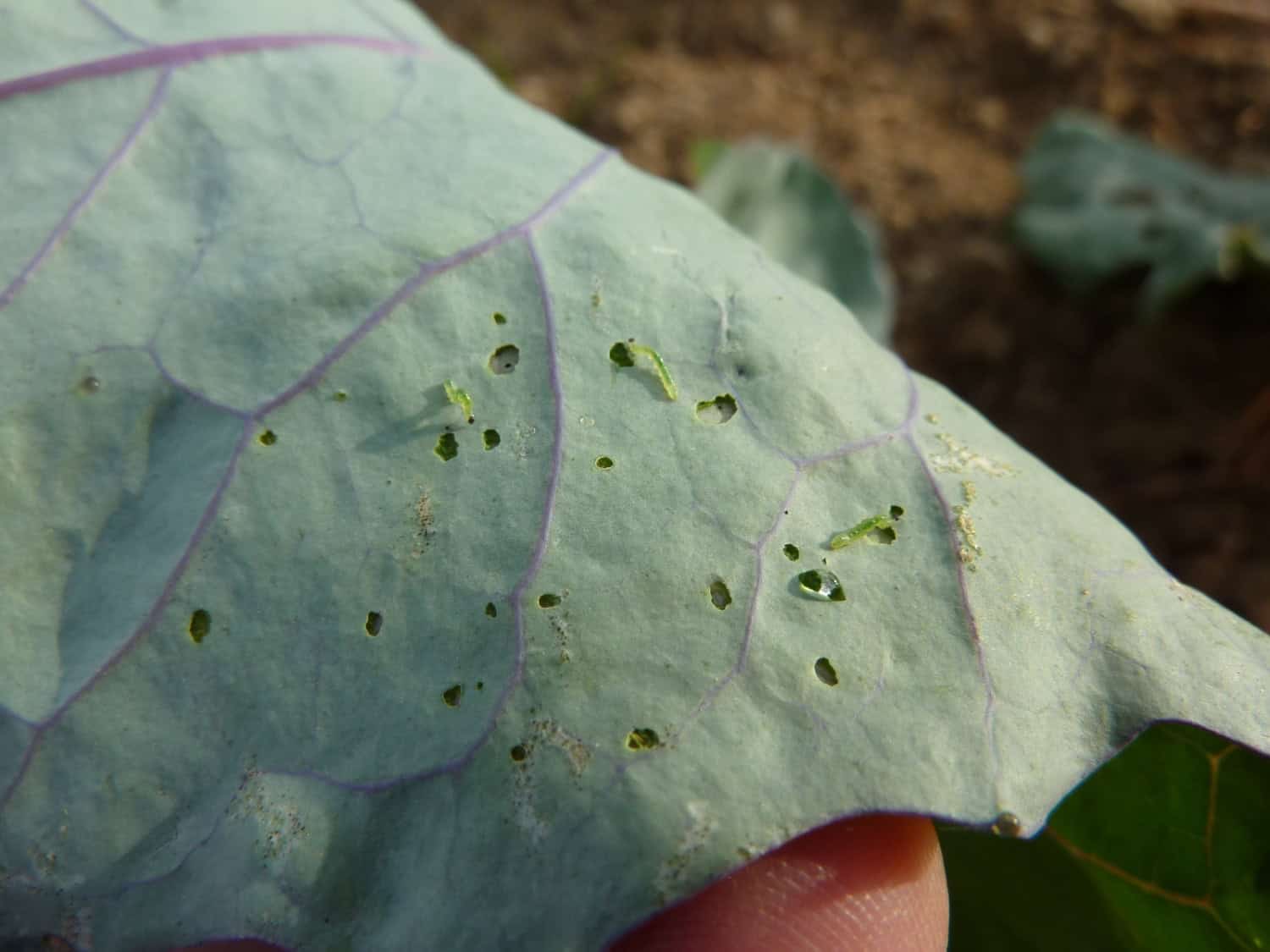Optimizing Integrated Pest Management in Mesotunnels for Organic Acorn Squash
Project Director: Sarah Pethybridge, Cornell University
Project overview
Cucurbits, which include cucumbers, pumpkins, squash, and melons, are an important component of diversified, organic vegetable farms. However, cucurbits are susceptible to several diseases, including bacterial wilt (caused by a bacterium transmitted by striped and spotted cucumber beetles) and cucurbit yellow vine disease (CYVD; caused by a bacterium transmitted by squash bugs). These diseases can decimate cucurbit crop harvests; as such, disease and insect pest management is critical. Weed management is also critical for cucurbit production, as weeds compete with crops for nutrients and can negatively impact both crop yield and quality.
Mesotunnels, which are modified row cover systems consisting of nylon mesh fabric and hoops, can be effective, organic-compliant methods of excluding pests.
This study assesses the effectiveness of several pest and weed management practices (i.e. mesotunnels, furrow cover cropping, and landscape fabric) in reducing insect pest populations, disease incidence, fruit yield, and fruit quality in acorn squash.

Farmer takeaways
- Mesotunnels can reduce cucurbit disease incidence (CYVD) and insect pest populations (squash bug, cucumber beetle) compared to non-covered production systems. However, the financial costs associated with mesotunnel installation/maintenance may not be worth the minimal observed yield response differences.
- Cover cropping within furrows may offer similar weed prevention properties as landscape fabric, with potential soil health benefits to the production system.
Project objectives and approach
Evaluate the effectiveness of mesotunnels (insect pest exclusion), furrow cover cropping (weed management), and furrow landscape fabric (weed management) in reducing disease incidence and insect pest populations.
- Replicated field trials were conducted over two years (2021 and 2022) at the Gates West Organic Farm facility in Geneva, NY.
- Non-treated acorn squash were seeded in a certified-organic greenhouse and transplanted.
- Four treatments were established: (1) Mesotunnel w/ furrow landscape fabric; (2) Mesotunnel w/ furrow ryegrass/white clover cover crop; (3) Mesotunnel w/ furrow ryegrass cover crop; and (4) Non-covered (no-mesotunnel) w/ furrow landscape fabric.
- Assessments of insect pest populations and disease incidence were made at regular intervals. Furrow cover crop and weed biomass were evaluated, in addition to harvest data (quantity and quality).
Key findings
Mesotunnels may significantly reduce cucurbit disease incidence (CYVD) and insect pest populations (squash bug, cucumber beetle) compared to non-covered production systems, but with little-to-no impact on cucurbit harvest quantity or quality
- Cucurbit yellow vine disease (CYVD) was observed in the non-covered (no mesotunnel) plots an average of 20 days prior to in the mesotunnel plots.
- CYVD incidence was significantly higher in the non-covered plots than in the mesotunnel plots, with no significant differences observed between the cover crop vs. landscape fabric mesotunnel treatments.
- Squash bug populations were significantly higher in the non-covered plots than in the mesotunnel plots in both years. Similarly, cucumber beetle populations were significantly higher in the non-covered plots than in the mesotunnel plots in one of the two trial years (2022).
- Treatment had no significant effect on marketable fruit weight, non-marketable fruit weight, total fruit, or number of marketable fruit.
Both cover crop treatments performed similarly as a natural weed control
- Weed dry weight did not differ significantly between either of the furrow cover crop treatments (ryegrass & white clover, ryegrass only). No weeds were present in the landscape fabric mesotunnel.
Resources
Pethybridge, S., K. Damann, S. Murphy, K.Diggins, and M.L. Gleason. 2024. Optimizing Integrated Pest Management in Mesotunnels for Organic Acorn Squash in New York. Plant Health Progress 25:2
Read MoreLocation
New YorkCollaborators
Kellie Damaan, University of Vermont
Sean Murphy, Cornell University
Kaitlin Diggins, Cornell University
Mark Gleason, Iowa State University
Region
Northeast
Topic
Disease Management, Insect/Pest Management
Category
Vegetables/Fruits
Year Published
2023



